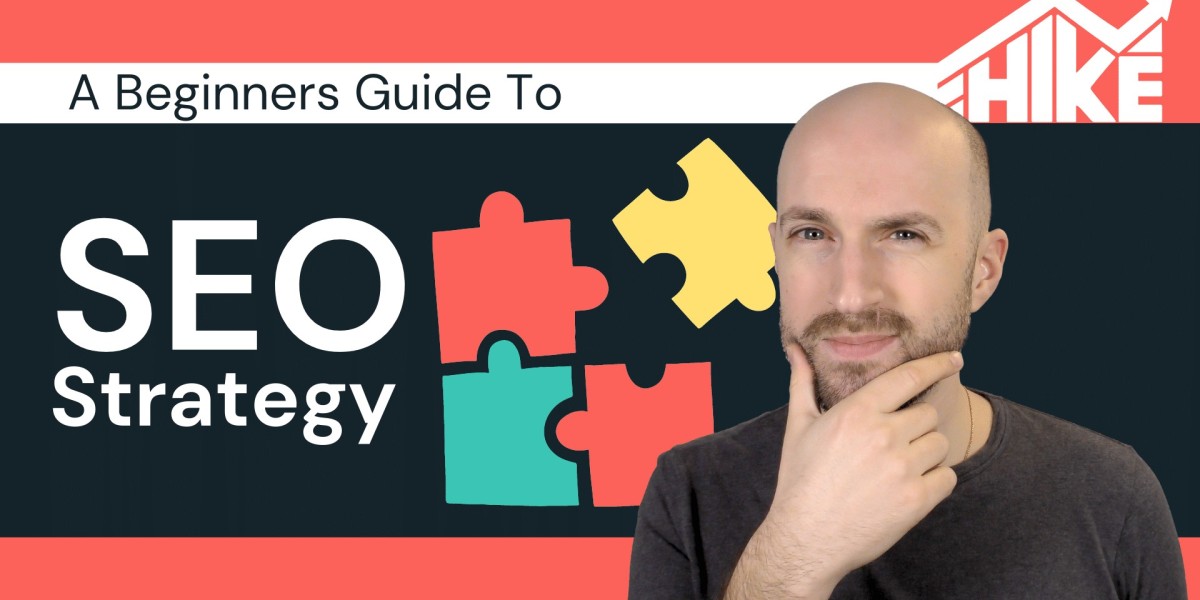 In today's digital age, small businesses face the constant challenge of standing out in a crowded marketplace. With the rise of e-commerce and online services, effective search engine optimization (SEO) can be a game-changer for small enterprises seeking to enhance their visibility and attract customers. Although professional SEO services can be costly, many small business owners are turning to do-it-yourself (DIY) strategies that can be equally effective without breaking the bank.
In today's digital age, small businesses face the constant challenge of standing out in a crowded marketplace. With the rise of e-commerce and online services, effective search engine optimization (SEO) can be a game-changer for small enterprises seeking to enhance their visibility and attract customers. Although professional SEO services can be costly, many small business owners are turning to do-it-yourself (DIY) strategies that can be equally effective without breaking the bank.Understanding SEO
Search Engine Optimization (SEO) is the process of optimizing a website to rank higher in search engine results pages (SERPs) made by search engines such as Google and Bing. The goal of SEO is to increase organic (non-paid) traffic to a website, ultimately leading to higher conversions and sales. Successful SEO involves various techniques, from keyword research to on-page optimization and link building.
For small businesses, mastering this skill can lead to substantial growth opportunities. However, many owners are intimidated by the complexities of SEO. The good news is that DIY SEO is more accessible than ever, thanks to a plethora of online resources, tools, and community support.
Key Components of DIY SEO
- Keyword Research: The foundation of SEO is understanding which keywords and phrases potential customers use to find products or services similar to yours. Tools like Google Keyword Planner, Ubersuggest, and Moz Keyword Explorer can help identify high-volume, low-competition keywords that you can target. By incorporating these keywords naturally into your website content, you can improve your chances of appearing in search results.
- On-Page SEO: This refers to the optimization of individual web pages to rank higher and earn more relevant traffic. Key components include optimizing titles, meta descriptions, headers, and images with targeted keywords. Additionally, focusing on creating high-quality content that provides value to your audience will enhance your SEO efforts. Regularly updating your blog with relevant topics, tips, and industry news can also attract organic traffic.
- Mobile Optimization: With a significant amount of web traffic coming from mobile devices, it’s crucial for small businesses to ensure their websites are mobile-friendly. Google’s mobile-first indexing means that your site’s mobile version is considered the primary version, so using responsive design and speeding up load times is imperative.
- Local SEO: For small businesses that operate within specific geographic areas, local SEO is essential. Registering your business on Google My Business allows you to appear in local search results, complete with maps, reviews, and essential business information. Ensuring consistent Name, Address, and Phone number (NAP) information across your online listings can also boost local rankings.
- Link Building: Earning backlinks from reputable websites can improve your site’s authority. Consider reaching out to local news outlets, bloggers, or influencers for collaborations or features. Guest blogging and participating in community events can also help you garner quality backlinks naturally.
Tools for DIY SEO
Fortunately, several free and low-cost tools are available to assist small business owners in their SEO endeavors. Google Analytics provides insights into how visitors interact with your site, while Google Search Console offers data about how your website is performing in search results. Other useful tools include Ahrefs for backlink analysis, SEMrush for comprehensive SEO audits, and Moz’s free SEO tools for keyword tracking.
Staying Educated
SEO is an ever-evolving field, which means that continuous learning is paramount. Small business owners can benefit from subscribing to SEO blogs, attending webinars, and participating in online courses. Websites like Moz, Neil Patel, and HubSpot offer a wealth of information tailored to beginners looking to enhance their SEO skills.
The Long Game
It is essential to recognize that SEO is not a quick-fix solution. Results may take time to manifest, and patience is vital. Regularly monitoring your progress with analytics tools and adjusting your strategies based on performance is crucial for achieving long-term success. Setting realistic goals for traffic and conversions will help maintain motivation as the results from your SEO efforts begin to accumulate.
Conclusion
For small businesses aiming to boost their online presence, embracing DIY SEO strategies is a prudent investment. By prioritizing keyword research, on-page optimization, local seo for small local business diy, and link building, small business owners can significantly enhance their visibility without the hefty price tag of professional services. The digital landscape is continually shifting, but with dedication and the right resources, small businesses can harness the power of SEO to thrive in the vibrant online marketplace. Now is the time to take charge of your digital destiny—empower your business through DIY SEO!






